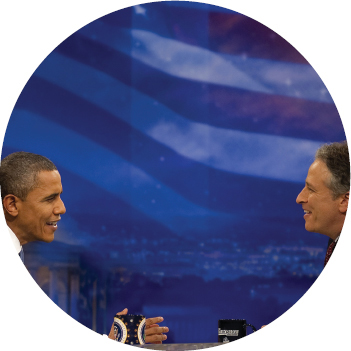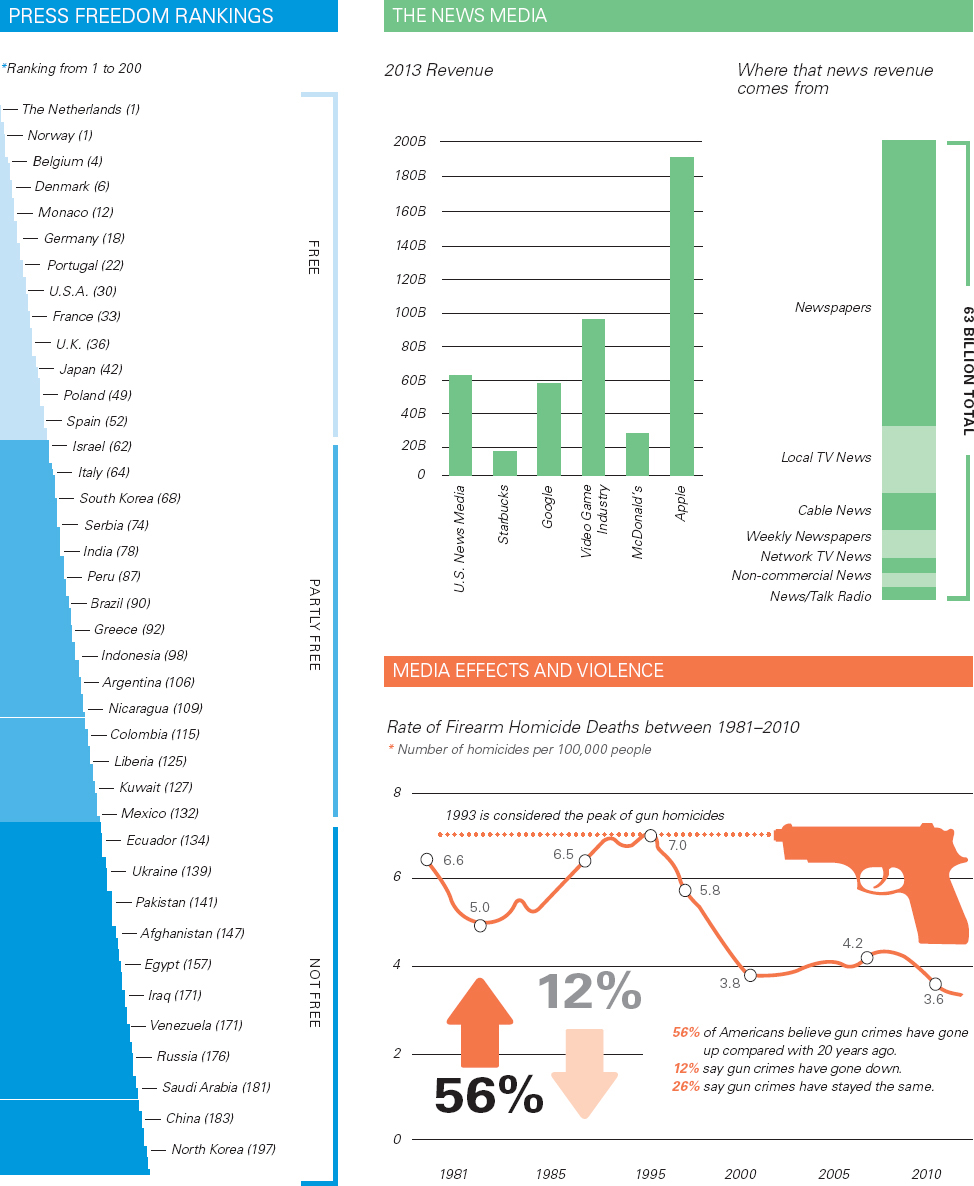Part Five Opener

Part 5
Democratic Expression and the Mass Media
The freedom and openness of the Internet is a double-
At the same time, though, this ease of getting information has led to more situations involving ethically gray practices. For example, “hacktivists” like WikiLeaks and Anonymous and whistleblowers like Edward Snowden have raised issues regarding whether some government and business documents should remain secret—
EXPRESSION AND THE MASS MEDIA
